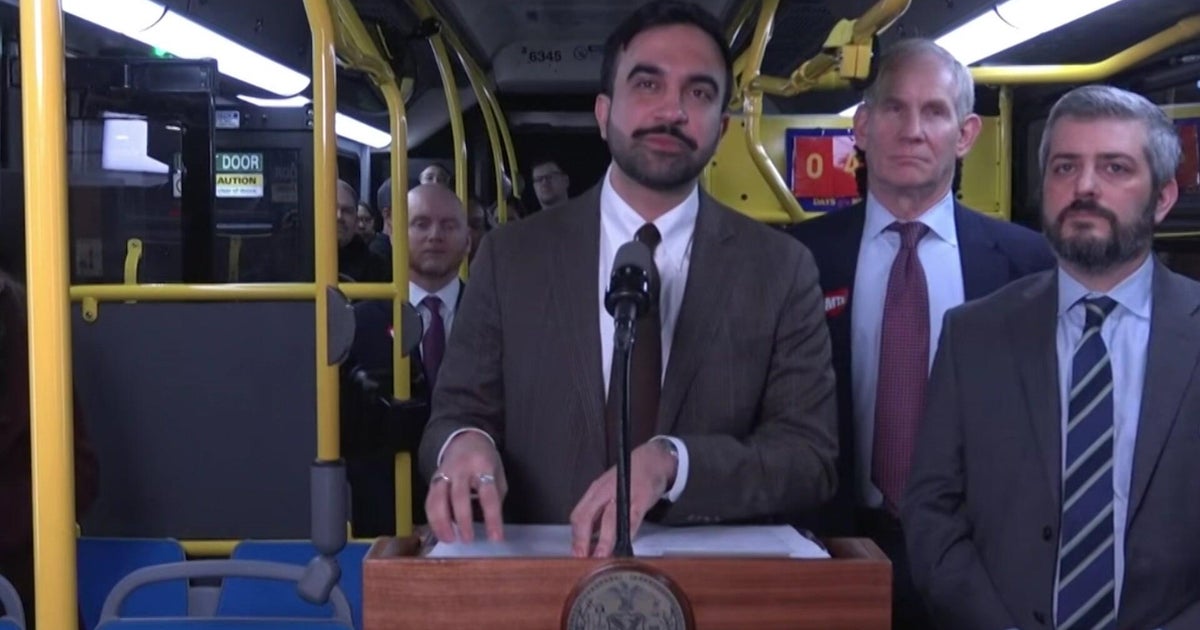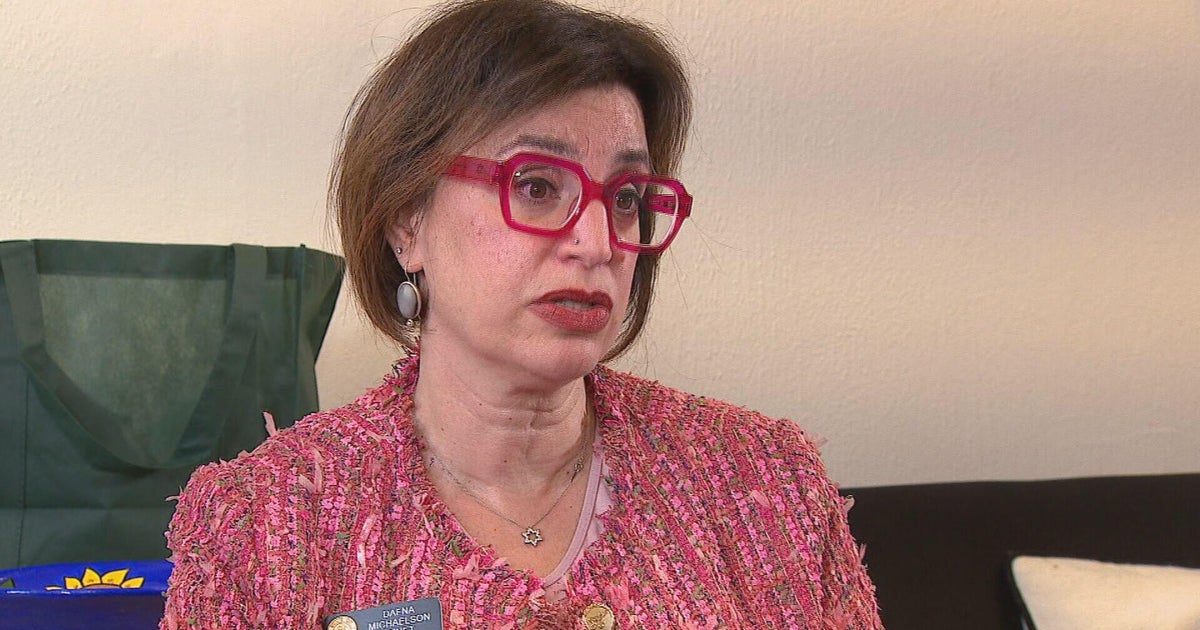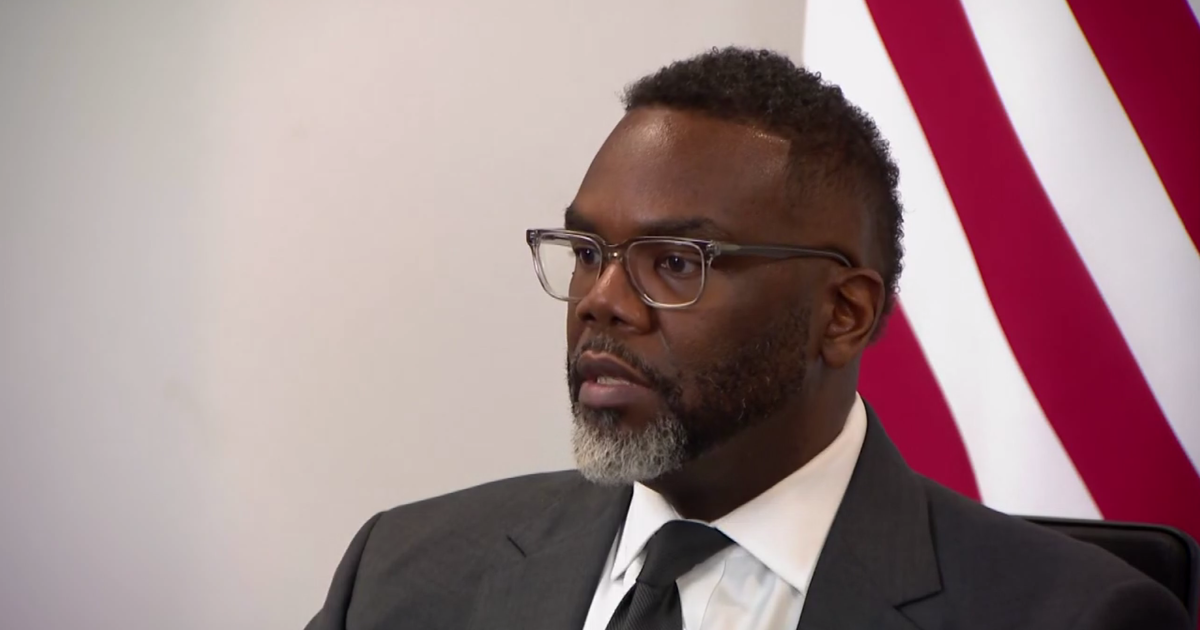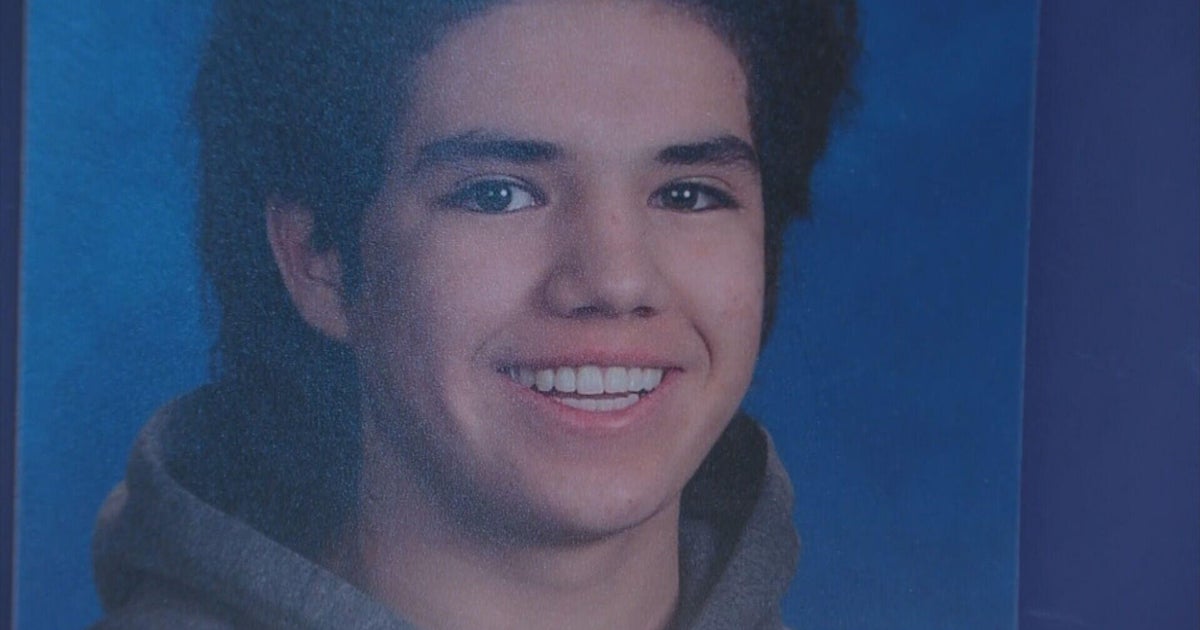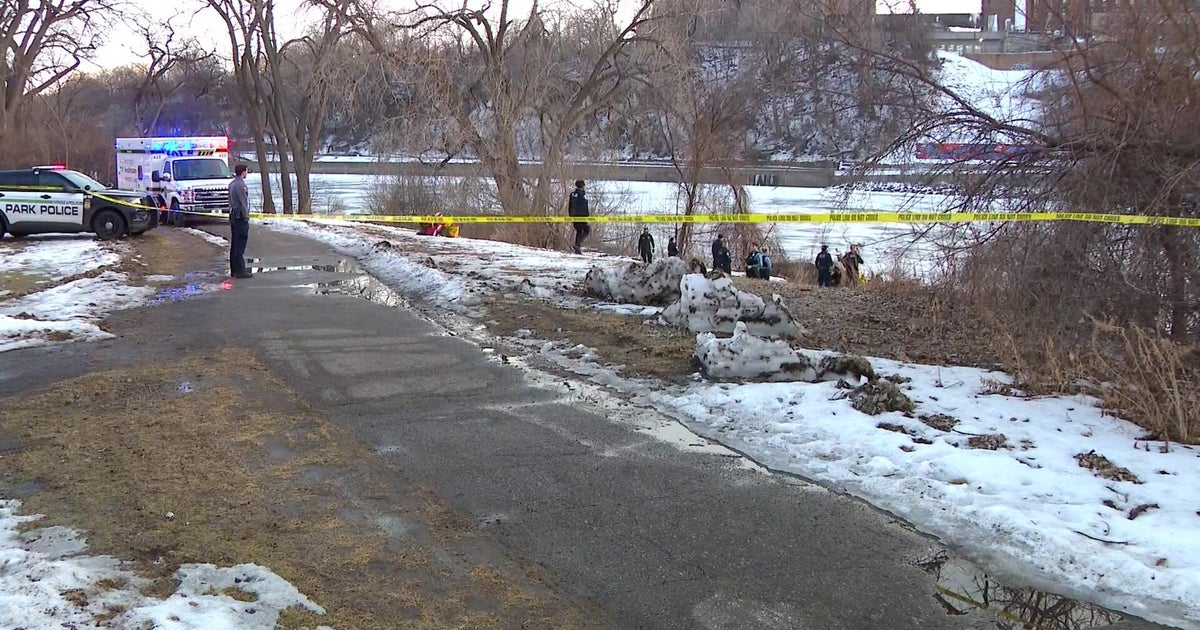What's On Your Ballot? NYC Adds Controversial Measures For Election Day
NEW YORK (CBSNewYork) – On Tuesday, New Yorkers in the five boroughs will be paying a lot of attention to the names on the front of their Election Day ballots.
But three less-publicized measures on the back of ballots will also be in the hands of voters and they're drawing sharp opposition from Mayor de Blasio's critics.
SEE: Full coverage of Campaign 2018
Here's a look at what you'll see on the back of New York City voting ballots on Nov. 6, according to flipyourballot.nyc:
QUESTION 1: Campaign Financing Changes
"This proposal would amend the City Charter to lower the amount a candidate for City elected office may accept from a contributor. It would also increase the public funding used to match a portion of the contributions received by a candidate who participates in the City's public financing program. In addition, the proposal would make public matching funds available earlier in the election year to participating candidates who can demonstrate need for the funds. It would also ease a requirement that candidates for Mayor, Comptroller, or Public Advocate must meet to qualify for matching funds. The amendments would apply to participating candidates who choose to have the amendments apply to their campaigns beginning with the 2021 primary election, and would then apply to all candidates beginning in 2022."
WHAT DOES THIS MEAN:
If approved, the measure will lower the amount of money a single donor can give to candidates running for office in the five boroughs.
It would also increase the amount of public matching funds given to candidates who qualify for the added campaign money. Candidates would receive public matching funds at an $8-to-$1 rate on the first $175 donated.
The current matching limit is $6-to-$1 rate on the first $175 donated to a politician's campaign.
The maximum amount of public funds candidates can receive would also be hiked. A candidate for mayor could receive over $5.4 million in public funds, instead of just over $4 million in the current system.
QUESTION 2: Appointing A "Civic Engagement" Committee
"This proposal would amend the City Charter to: Create a Civic Engagement Commission that would implement, no later than the City Fiscal Year beginning July 1, 2020, a Citywide participatory budgeting program established by the Mayor to promote participation by City residents in making recommendations for projects in their communities; Require the Commission to partner with community based organizations and civic leaders, as well as other City agencies, to support and encourage civic engagement efforts; Require the Commission to establish a program to provide language interpreters at City poll sites, to be implemented for the general election in 2020; Permit the Mayor to assign relevant powers and duties of certain other City agencies to the Commission; Provide that the Civic Engagement Commission would have 15 members, with 8 members appointed by the Mayor, 2 members by the City Council Speaker and 1 member by each Borough President; and Provide for one of the Mayor's appointees to be Commission Chair and for the Chair to employ and direct Commission staff."
WHAT DOES THIS MEAN:
Mayor de Blasio is seeking the power to build a personally-appointed "civic engagement commission" that would be tasked with the vague goal of increasing community participation.
The mayor's political appointees would have the power to make changes at places like voter polling sites; such as assigning more foreign language interpreters to certain locations.
The mayor would also be allowed to give his commission the powers held by other city departments, despite not working for those agencies.
City Comptroller Scott Stringer slammed the proposal as an attempted "power grab" by de Blasio. Stringer told the New York Post voters "will break out laughing because no one knows what it does, no one knows what it is."
QUESTION 3: Term Limits On Community Board Members
"This proposal would amend the City Charter to: Impose term limits of a maximum of four consecutive full two-year terms for community board members with certain exceptions for the initial transition to the new term limits system; Require Borough Presidents to seek out persons of diverse backgrounds in making appointments to community boards. The proposal would also add new application and reporting requirements related to these appointments; and If Question 2, "Civic Engagement Commission," is approved, require the proposed Civic Engagement Commission to provide resources, assistance, and training related to land use and other matters to community boards."
WHAT DOES THIS MEAN:
The city is looking to impose a term limit system on local community board representatives. Community board members could serve four 2-year terms in a row before having to leave their position.
Currently, community board members have no term limits.
Despite serving four terms, exiting board members would reportedly be able to re-apply after sitting out for one full term. Simply put, the proposal would ban community board members from serving more than eight years in a row, but they could still return at a later date.
The borough president would also be required to appoint community board members based on "diverse backgrounds, including with regard to race, ethnicity, gender, age, disability status, sexual orientation, and language," more so than relevant skill and qualifications.
If Question 2 is passed by city voters, the "civic engagement commission" would also be given the power to oversee land use matters usually dealt with by the local boards.
"The mayor already has control over the Department of City Planning; why should his appointees help select the community boards' technical advisers for land-use decisions, too?" Manhattan Borough President Gale Brewer argued in an op-ed in The Villager.


